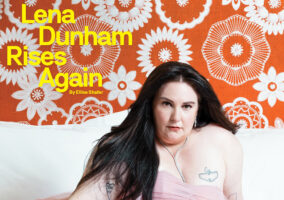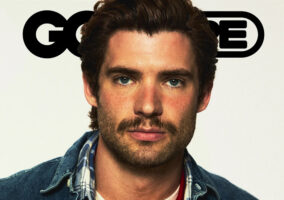Oscar Isaac is the cover star of the new April/May issue of Esquire. Isaac sat down with writer Maaza Mengiste to discuss his debut into the Marvel Universe (Moon Knight, which debuts today on Disney+), tripping on mushrooms with Ethan Hawke, and how surviving a hurricane as a child was a transformative moment in his life.
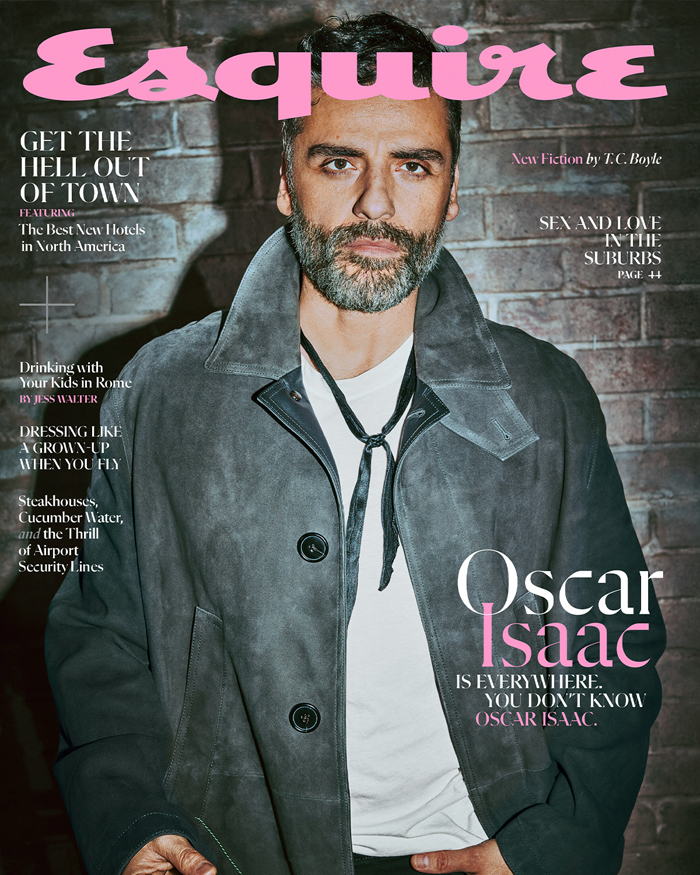
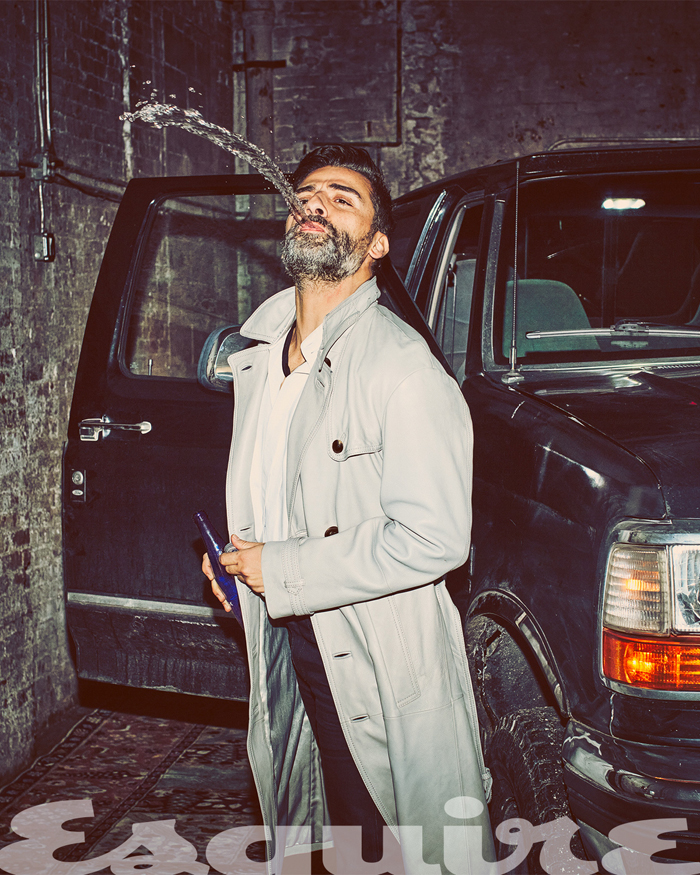
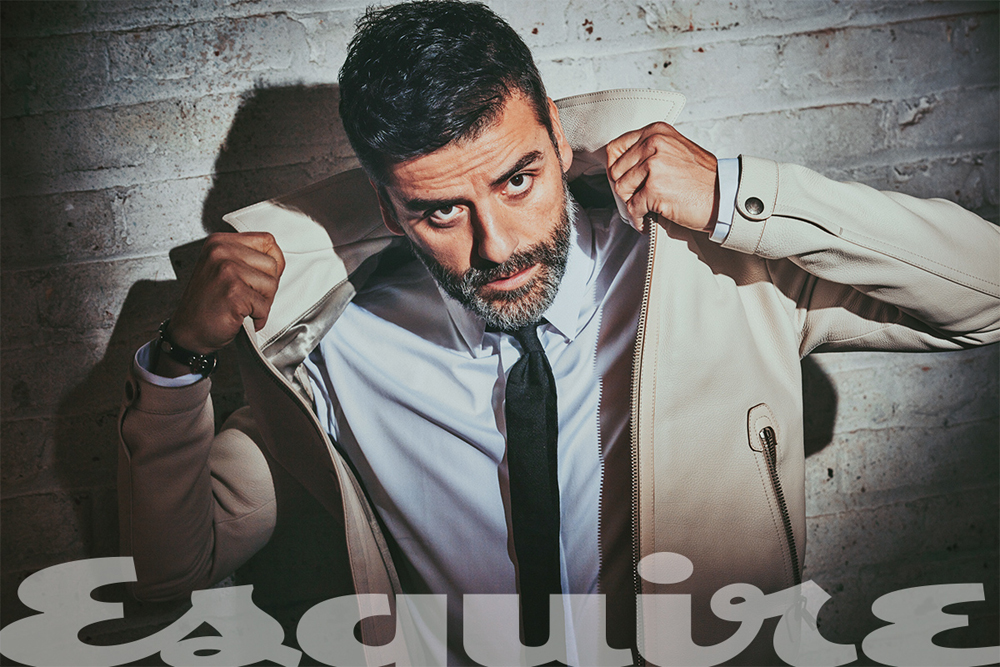
On the characters he’s drawn to: “I’ve always felt like an outsider. Literally, and then emotionally, psychologically. I always felt like I was observing life and not actually experiencing it. There was a lot of guilt with that, sometimes feeling like I was a vulture of my own life.”
On the Marvel franchise becoming a significant point along the continuum of cinema: “Marvel has taken the place of big comedies, to a certain extent, in the theater. There was a time when you’d go and watch the big comedies. You’d watch Hangover, you’d watch all the great Judd Apatow films. And now it feels like these are the movies that people go to, to have a really good time and to laugh. These superhero movies, particularly the Marvel movies, exclusively the Marvel movies. That’s a really important element. But tonally, what Downey started, which was just amazing was kind of the slightly self-referential, really cynical, but beautiful character. If you go back and watch that first Iron Man, that thing’s got teeth.”
On the mental-health message of Moon Knight: “It’s a celebration of the power of the human mind. It’s basically saying, we have a superpower and it’s the human brain, particularly for those who deal with trauma and sustained abuse. There’s this thing that the brain can do to allow them to survive…My uncle suffered with mental-health issues. He started crying watching an episode of Moon Knight because, I think, it just felt like being seen. There was something there that felt like an acknowledgement of the pain and what people do with pain, and the forgiveness, of how you forgive yourself, and how to come to terms with the child within you.”
On healing from the religious trauma from his childhood: “It feels like something directly out of my nightmare. It was a form of spiritual abuse. There’s like a real spiritual abuse. So this year’s really been about trying to cultivate a healthy relationship with spirituality, because I went the opposite way, pure materialist, because of all that spiritual trauma. If I couldn’t see it and couldn’t touch it, I didn’t want to deal with it.”
On the loss of his mother: “For me, she was unconditional love. And when she died, it felt like God died, too.”
On cancel culture: “In a way, we’re living in an almost Victorian time. It’s not about what you really believe. It’s about what you’re going to get called out on.”
On labels: “I grew up with this idea of, don’t label me. I don’t need your labels, man. Now it feels like you’ve got to have a label and it better be the right label. It’s very much about the labels. It’s interesting, the evolution towards that, which all comes from a reaction to something else, and how that evolves and then suddenly you find yourself in this weird place. Then how that’s going to eventually change to something else, the abstract and the surreal being the scariest place for people who need to have intense definition to be able to say what’s right and what’s wrong.”
The full interview is on Esquire.com and in the new issue, available everywhere by April 19.
[Photo Credit: Guy Aroch/Esquire Magazine]
Vanity Fair Oscar Party: Kim Kardashian in Balenciaga Next Post:
Vanity Fair Oscar Party: Anya Taylor-Joy in Dior with Boyfriend Malcolm McRae
Please review our Community Guidelines before posting a comment. Thank you!

